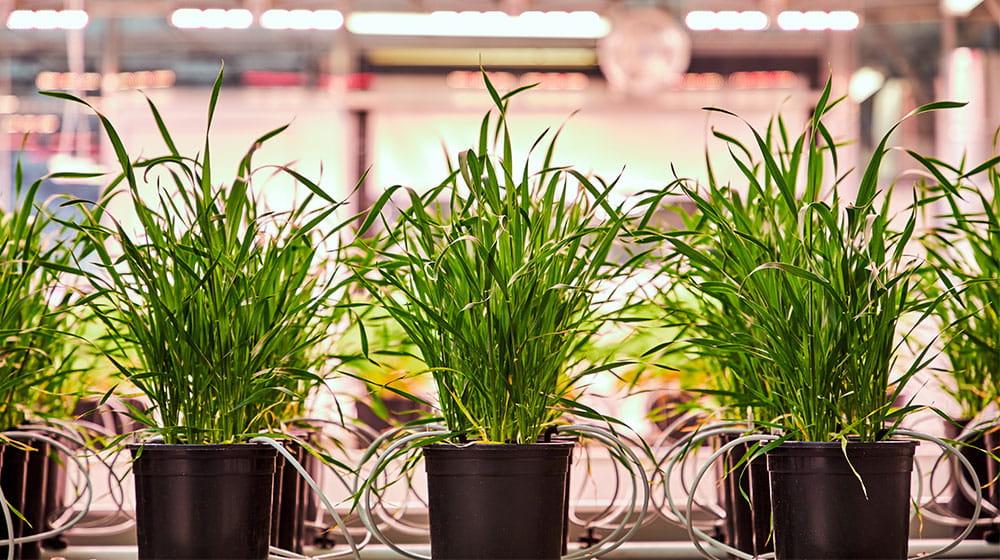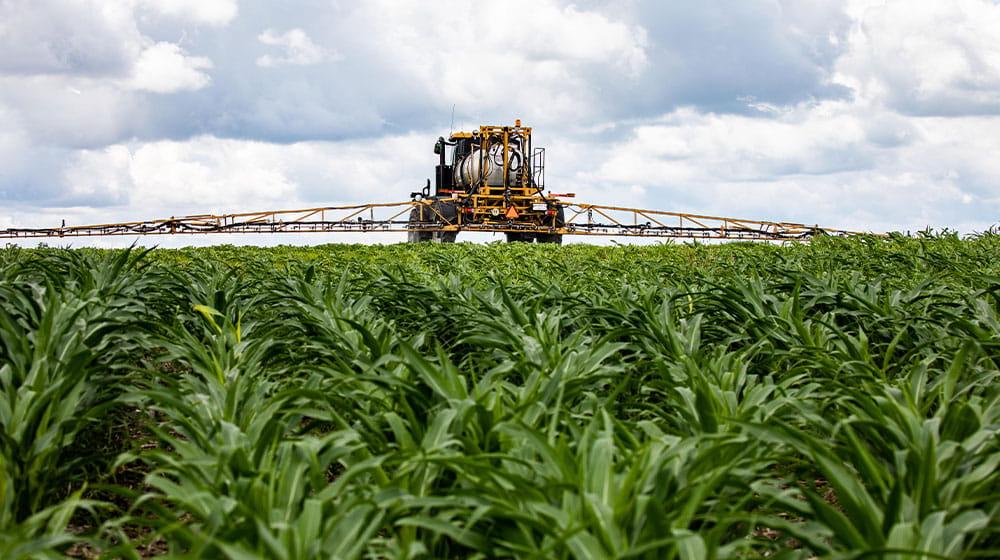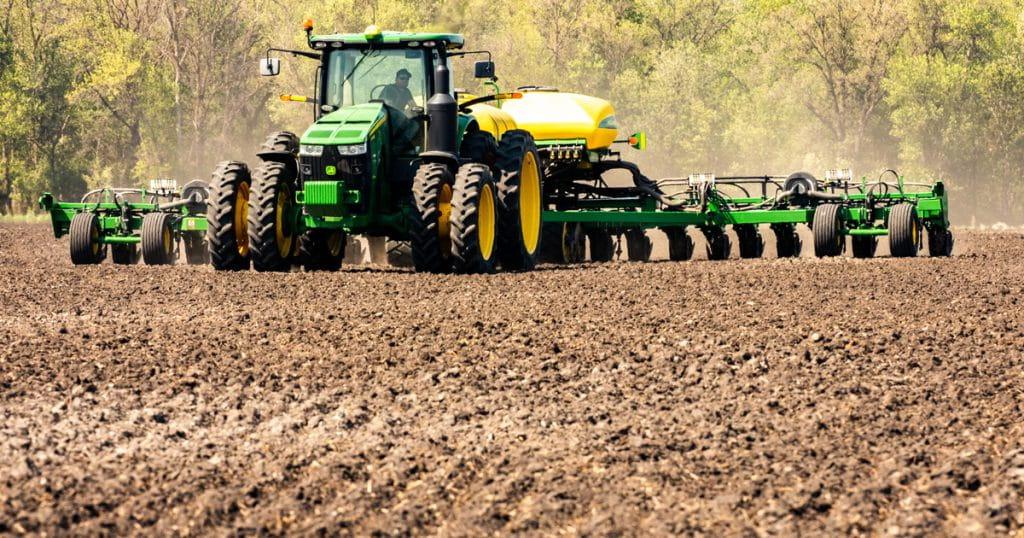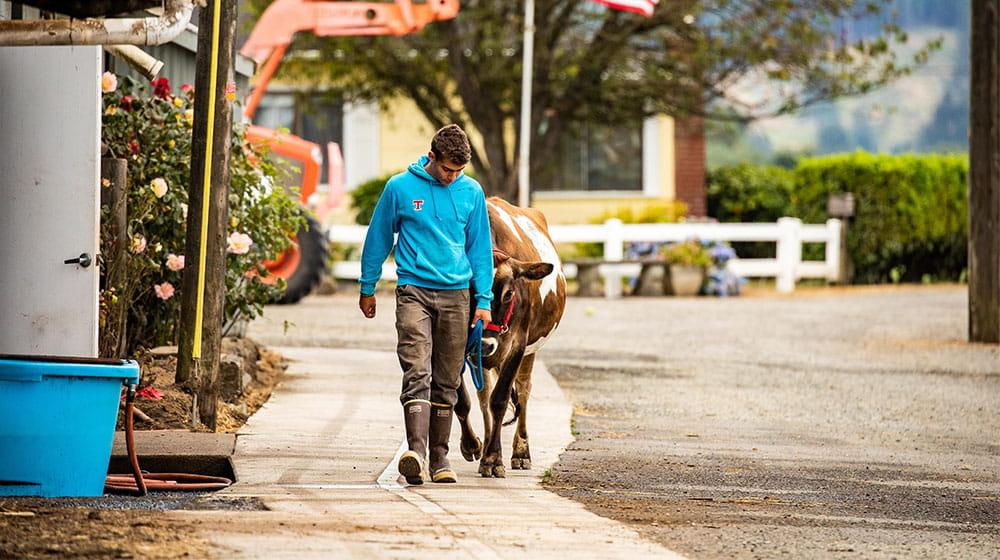The CHS Crop Science Research and Development Center is now in operation in Randolph, Minn. Alissa Geske, research lead at the facility, says it will speed product research and development to help deliver innovative crop solutions more quickly to farmer-owners and customers.
The center includes a state-of-the-art greenhouse, which is split into six climate-controlled sections to replicate a range of growing conditions. Being able to monitor plants under various conditions and conduct year-round research is game changer, says Geske.
“Before the R&D center, we relied solely on field research, which can be limited by the growing season and impacted by the environment,” Geske says. “Now we have the power to evaluate new and experimental products across a wide range of crops and environments all year. It will allow us to effectively narrow down a large pool of products to a handful to send to the field for ground truthing. Ultimately, we will be able to get products to customers in less time.”
Research-focused
The research at the center will focus on evaluating new product approaches and formulations, including adjuvants, biostimulants, fertilizer enhancers, foliar and starter fertilizers, nitrogen stabilizers, plant growth regulators and more. CHS crop science researchers will also evaluate inoculants and seed treatment blends.
“For example, a seed treatment study could be conducted under cooler temperatures that typically occur in the field,” she explains. “We would inoculate the soil with a pathogen and evaluate plant response and how it does or doesn’t reduce disease pressure. For a foliar study, we would use our spray chamber to safely and uniformly apply a herbicide or adjuvant and study crop response.”
Sustainable greenhouse
The greenhouse was built with sustainability in mind, Geske says, using advanced materials for durability, enhanced thermal efficiency and improved light. It allows in more than 90% of natural sunlight to provide a real-world testing environment.
The geothermal heating and cooling system is energy-efficient and the greenhouse environment employs efficient LED lights, a shade cloth system and a misting system to control humidity.
Elevating research
“The research center will allow us to accelerate research and test more hypotheses without waiting for the growing season,” Geske adds. “Once we identify promising results, we can send them to the field to be validated.
“Both greenhouse and field trials have limitations and strengths. By combining them, we can optimize the product development process for CHS.”


 Audio Clip
Audio Clip





